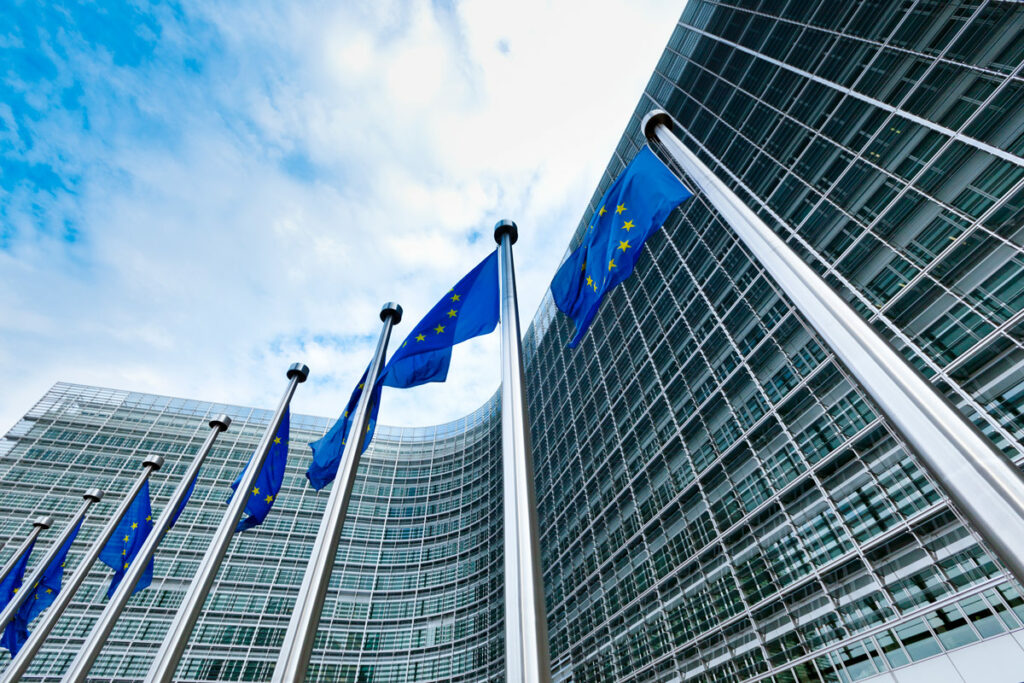Fit for 55: A joint call for action from the Renewable & Low-Carbon Liquid Fuels Platform
ePURE joined other members of the Renewable & Low-Carbon Liquid Fuels Platform in issuing the following joint call for action on the European Commission's soon-to-be-published Fit for 55 package:
The European Commission’s Fit for 55 Package promises a bold new era in the fight against climate change, with proposed regulations to enable a 55% GHG emissions reduction target for 2030 and set the EU on course to achieve carbon-neutrality by 2050.
While the destination is clear, the Commission’s legislative pathways for reaching it are less so. The Fit for 55 package is expected to continue to underplay or even ignore the important contribution that renewable and low-carbon liquid fuels can make today, tomorrow and throughout this transition. But it is not too late for the Commission to seize the opportunity to deploy these proven solutions.
The members of the Renewable & Low-Carbon Liquid Fuels Platform – representing major associations operating in the EU liquid fuels value chain, from feedstock and fuel production to storage, supply and distribution – are committed to working together to contribute to the decarbonisation of the mobility sector in a sustainable, affordable and socially inclusive way.
A technology-open approach is essential
Just as there is no single type of car, there is no single way to decarbonise road transport. In the fight against climate change, the EU needs every sustainable solution it can muster – and that includes renewable and low-carbon liquid fuels.
Renewable and low-carbon fuels can deliver higher energy efficiency from engines and hence further reduce their net carbon footprint. Given their superior energy density, ease of storage and transport, and the widespread availability of existing infrastructures and vehicles for their distribution and use, these fuels must play a greater role than they already do – delivering significant GHG emissions savings in the road transport, shipping and aviation sectors. Creating opportunities for a broader range of solutions supports an efficient and cost-effective pathway, while preserving consumers' choice and access to affordable mobility for all.
In this context, the Commission’s proposals on the Renewable Energy Directive and the CO2 Standards for Cars Regulation are of particular importance to our sectors and, more importantly, to the challenge of decarbonising road transport.
RED III: Incentivise new technologies
This is the third such overhaul since the legislation was enacted in 2009. For RED III to succeed this time it needs to: focus on higher meaningful targets for renewable energy in transport; adopt a technology-neutral approach that makes the best use of available options with proven emissions-reduction credentials, including biofuels from crops that meet stringent sustainability criteria; encourage the wider deployment of certified biofuels from sustainable agricultural biomass, waste and residues, as well as renewable fuels of non-biological origin including hydrogen and hydrogen-derived synthetic fuels; and ensure a level playing field for the promotion of renewable and low-carbon liquid fuels in the road, maritime and aviation sectors.
The wider use of such renewable and low-carbon liquid fuels in transport is a necessary complement to electromobility given the composition of the existing and future fleet – so it does not make sense to limit the use of such fuels to hard-to-electrify sectors such as maritime, aviation and agriculture for non-road machinery.
CO2 for Cars: A fair assessment is needed
A range of technologies – from more efficient internal combustion engines to electric and hybrid vehicles – are required for reducing automobile emissions. To accurately guide the market towards climate neutrality, the EU needs to judge the emissions of these technologies on equal terms. This means moving away from a pure Tank-to-Wheel approach and towards Well-To-Wheel, which takes into account the carbon footprint of the respective technologies. In the meantime, an incentive for the uptake of renewable/low-carbon energy should be introduced through an appropriate accounting mechanism such as a voluntary crediting system of additional renewable fuels.
